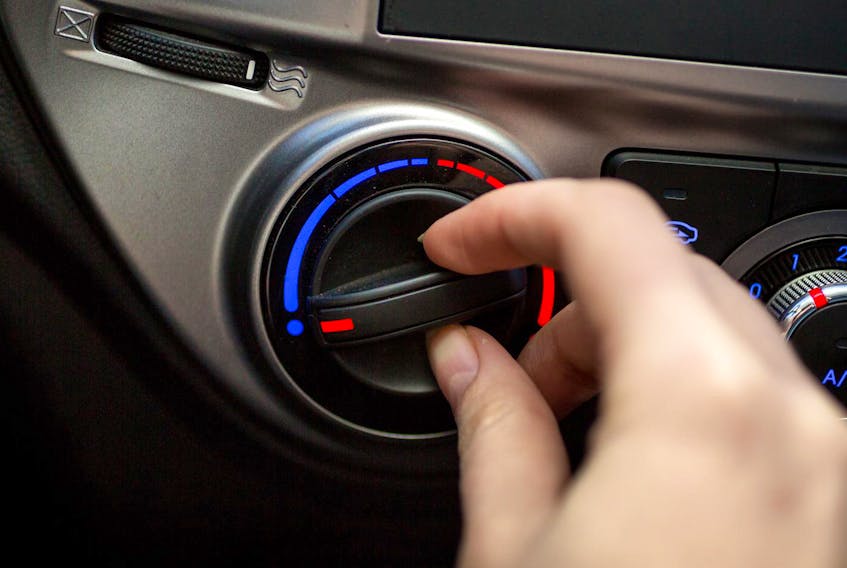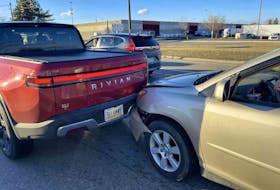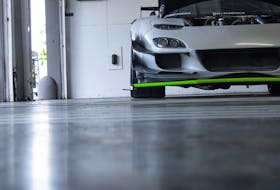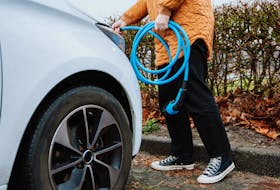Q: I am curious about the Lexus ES300h hybrid not generating sufficient heat to provide cabin heat and/or defrost during short trips under 10 miles.
Also, if the gas engine does not run long enough to attain normal operating temps, because the electric engine runs much of the time, will sludge form in the engine?
I drive about four miles every day, stop for an hour or two and drive back home. My current car has an in-line six and produces plenty of heat, but guzzles the gas.
I am considering a hybrid.
A: The staff at Lexus Canada tell me their hybrid vehicles are cold-weather tested to operate in our winter conditions the same as any non-hybrid vehicle.
You can expect to get less benefit from the hybrid in extreme colds, as the gas engine will operate more, but you will still get fuel economy savings.
I think what you are concerned about is the Hybrid’s operation on electric motor only and how this will not produce heat in the passenger compartment.
During summer operation, with a warm engine, the vehicle will pull away from a stop on electric motor operation only. The gasoline engine only cuts in if you try to accelerate faster, if the battery is low on charge or the vehicle speed is higher than the electric motor can power it by itself (about 60 km/h).
However, if the gasoline engine is not warm, then it will start and warm up the engine even at low speeds.
During the winter, the gasoline motor will stay running until the engine is up to operating temperature and then go into AutoStop mode where it shuts down at stop lights.
The climate control is an input to the hybrid computer and if you are requesting heat in the passenger compartment and the interior temperature is not warm enough, the gasoline engine will stay running to warm up the interior.
Because the gasoline engine is very efficient, it doesn’t produce heat like the big V8s or six cylinder engines did in the past, but this is common to almost all new cars, not just hybrids.
The electric seat heaters actually make the interior more comfortable. I wouldn’t worry about interior heat.
As for sludge build up in the engine, short trip driving in cold weather requires more frequent oil changes, but again this applies to all vehicles. Not just hybrids.
Q: I was thinking of putting winter tires on my 2012 Chevrolet Cruze. Do you recommend getting separate rims? Would that be cheaper in the long run, in terms of the cost of getting a garage to change the tires over twice a year?
A: I would buy another set of rims. You could buy new ones from Chevrolet, the tire shops usually have a source of after-market rims (steel or alloy), or you could get some off a wrecked Cruze from one of the salvage yards.
The last route might be the cheapest but have them inspected for bends before installing the new tires. I use steel wheels in the winter and switch back to the alloy wheels that came on my car for the summer.
Every time a tire is removed from a wheel, there is the possibility of damaging the bead area of the tire so that it can’t hold air. As the tires get older and less flexible, this danger increases.
Using another set of wheels eliminates this danger and it is cheaper because you don’t have to have the tires installed and balanced twice a year. It is also much quicker to switch over. You would pay for a second set of steel wheels in a couple years.









